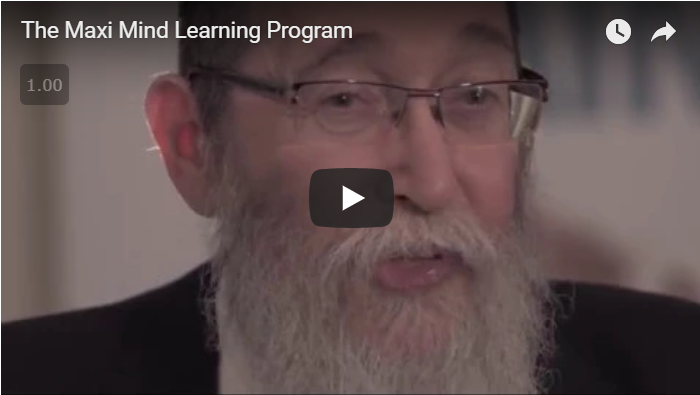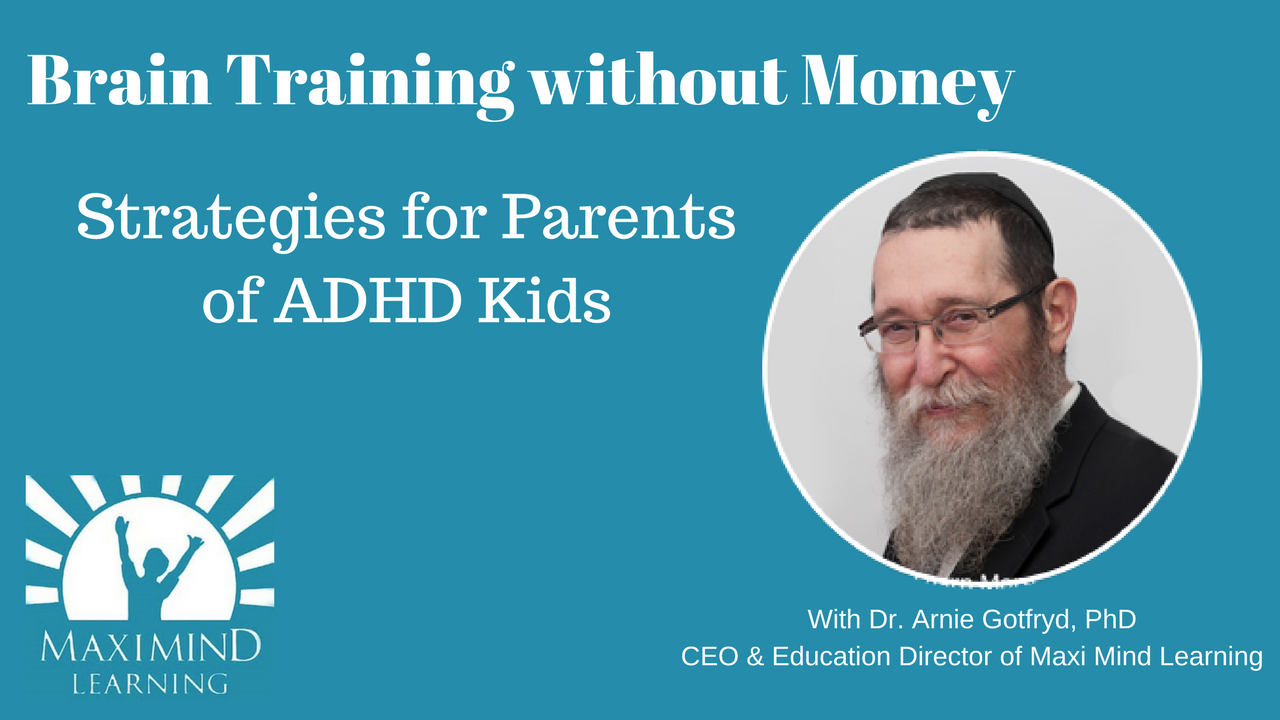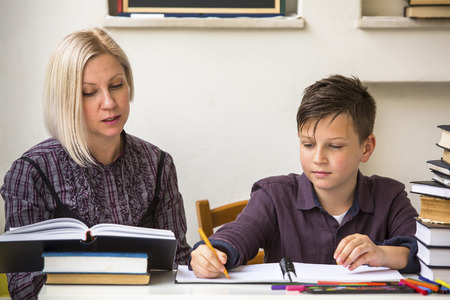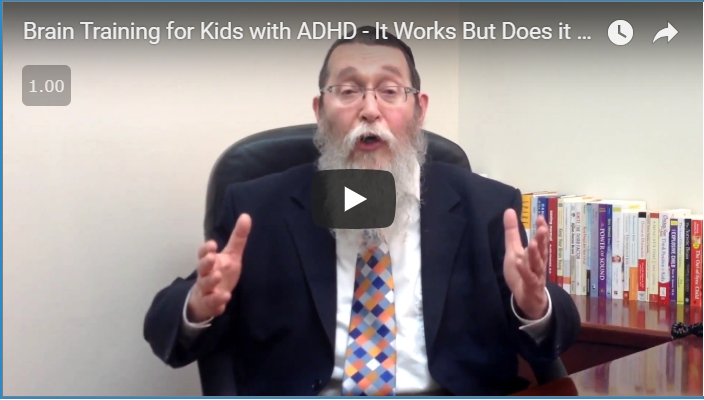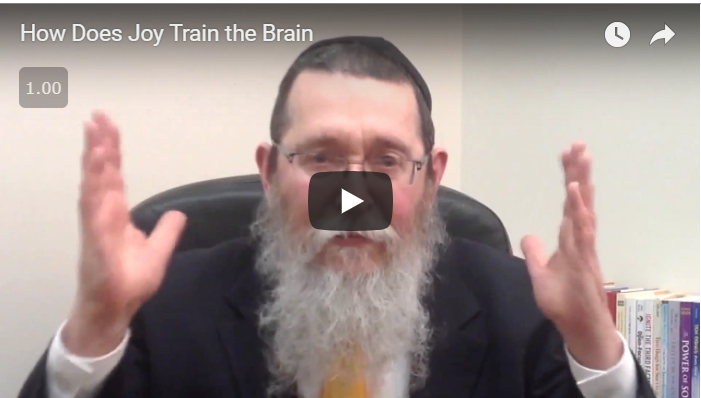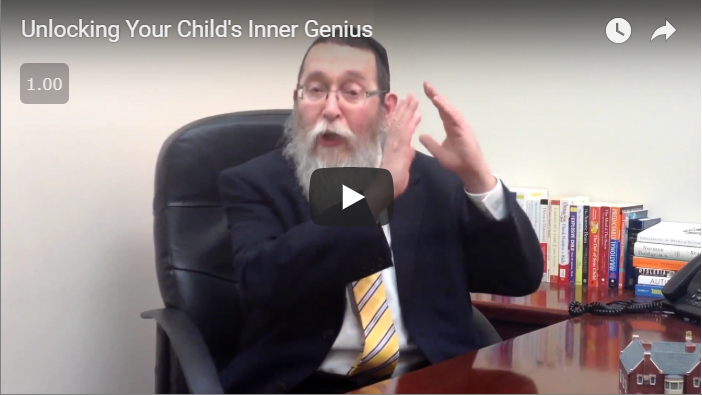Posted by Brittany Stepniak – Thursday, August 30th, 2012
A recent study published in Nature Neuroscience proves that people can learn new associations while they sleep and retain what they learned long after waking up.
This sounds like a dream come true for college and graduate students… and even new parents with busy schedules and too little sleep.
Anat Arzi of the Weizmann Institute of Science in Rehovot, Israel got together with her colleagues to perform a unique experiment. Using one of the simplest forms of learning, classical conditioning, they sought to teach 55 healthy participants to associate odors with sounds – while they were sleeping.
While the subjects dozed, the experimenters repeatedly subjected them to pleasant odors, like shampoo and deodorant, and also unpleasant odors, like rotting meant and fish. With each scent, Arzi and her colleagues played a specific sound to accompany the aroma to see if the participants would learn the associations.
It is well known that sleep has an important role in strengthening existing memories, and this conditioning was already known to alter sniffing behavior in people who are awake. The subjects sniff strongly when they hear a tone associated with a pleasant smell, but only weakly in response to a tone associated with an unpleasant one.
The exciting part of the research proved that the sleep conditioning process continued even after the study’s participants awoke. Upon hearing a related associated tone, they would sniff strongly or weakly, even if no odor was present. Moreover, they were completely unaware they had been exposed to that kind of teaching while they slept the previous night.
According to the researchers, the conditioning process was successful regardless of which part of the sleep cycle the subjects were in when the classical conditioning learning process occurred. Nonetheless, sniffing responses were slightly more exaggerated when participants were learning the association during the rapid eye movement (REM) phase – generally occurring in the second half of a full night’s rest.
Arzi seems optimistic about the power of the pillow and speculates that, although there will be definite limits on what human beings can learn in their sleep, “they will be beyond what we have demonstrated.”
These findings could be helpful in a variety of ways, including facets of the medical field. Hospitalized patients in a vegetative or minimally conscious state would be classically conditioned to blink in response to air puffed in their eyes, according to Tristan Bekinschtein, a neuroscientist at the UK Medical Research Council’s Cognition and Brain Sciences Unit in Cambridge (study conducted in 2009). Findings from both studies could help clinicians to more acutely predict which patients have the greatest potential to recover.
Additionally, the medical field is likely to consider offering advanced ‘sleep therapies’ that could help people overcome some detrimental behavioral patterns, like phobias and addictions.
Arzi is motivated to follow-up with these notions and says they are “now trying to implement helpful behavioural modification through sleep-learning.” They are going to do more research to discover exactly which brain mechanisms are involved and the types of learning we use in various states of altered conscientiousness; coma and vegetative states specifically.
Although details describing how this study may be useful in more practical applications have not yet been discussed to a great extent, researchers suggest that medical students may be able to learn different organs in the body by hearing the vocabulary word and having each associated with a specific scent as well. Essentially, it’s a slightly more complicated version of Arzi’s experiment.
Listen to a related NPR story by clicking here highlighting some exciting new discoveries proving that you can learn something new while sleeping.

